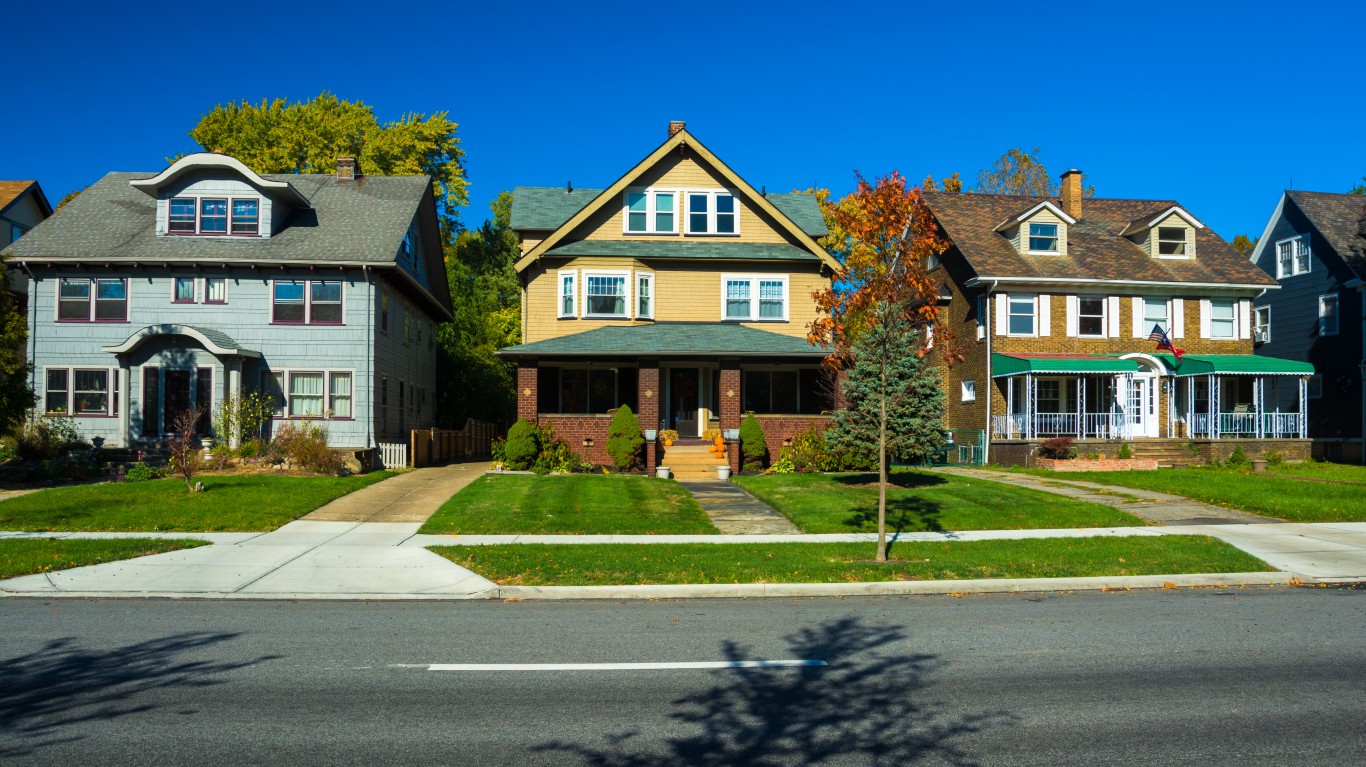
The residential housing market has been on a roller-coaster for almost three years. Early in this period, worker mobility because of “work from home” plans due to COVID-19 allowed people to relocate. Mortgage rates were below 3% as well, and these two factors increased residential and housing activity and price spikes. Recently, a slow economy and high-interest rates have cooled the residential market considerably. One housing market has remained the cheapest for over two decades. According to the S&P Case-Shiller home price index, prices in Detroit have barely increased in decades.
[in-text-ad]
The recently released Case-Shiller figures show that the year-over-year price increase across the country was only 10% in September, much lower than the 20% earlier in 2022. Month over previous month, however, prices in September fell 1%. It has been well over a year since this happened.
S&P Case-Shiller also looks at home prices over the past several decades. The 20 largest home markets all started at an index of 100. As home prices increased, market by market, the index rose more rapidly in some cities than others. For example, in September, the national index was 300.21. The number for San Diego was 394.16, and for Cleveland it was 174.62.
Detroit’s figure was the lowest among the 20 cities at 170.66. Given the national growth, this is extraordinarily low. However, digging a bit deeper, Detroit’s population has dropped by more than half since 1950, mostly because car companies left. Most of the people who departed were middle class. Low-income residents remained. Detroit has among the highest poverty rates of America’s big cities.
People who want an inexpensive home can look in Detroit. The downside is that no one wants to live there.
Get Ready To Retire (Sponsored)
Start by taking a quick retirement quiz from SmartAsset that will match you with up to 3 financial advisors that serve your area and beyond in 5 minutes, or less.
Each advisor has been vetted by SmartAsset and is held to a fiduciary standard to act in your best interests.
Here’s how it works:
1. Answer SmartAsset advisor match quiz
2. Review your pre-screened matches at your leisure. Check out the advisors’ profiles.
3. Speak with advisors at no cost to you. Have an introductory call on the phone or introduction in person and choose whom to work with in the future
Thank you for reading! Have some feedback for us?
Contact the 24/7 Wall St. editorial team.




